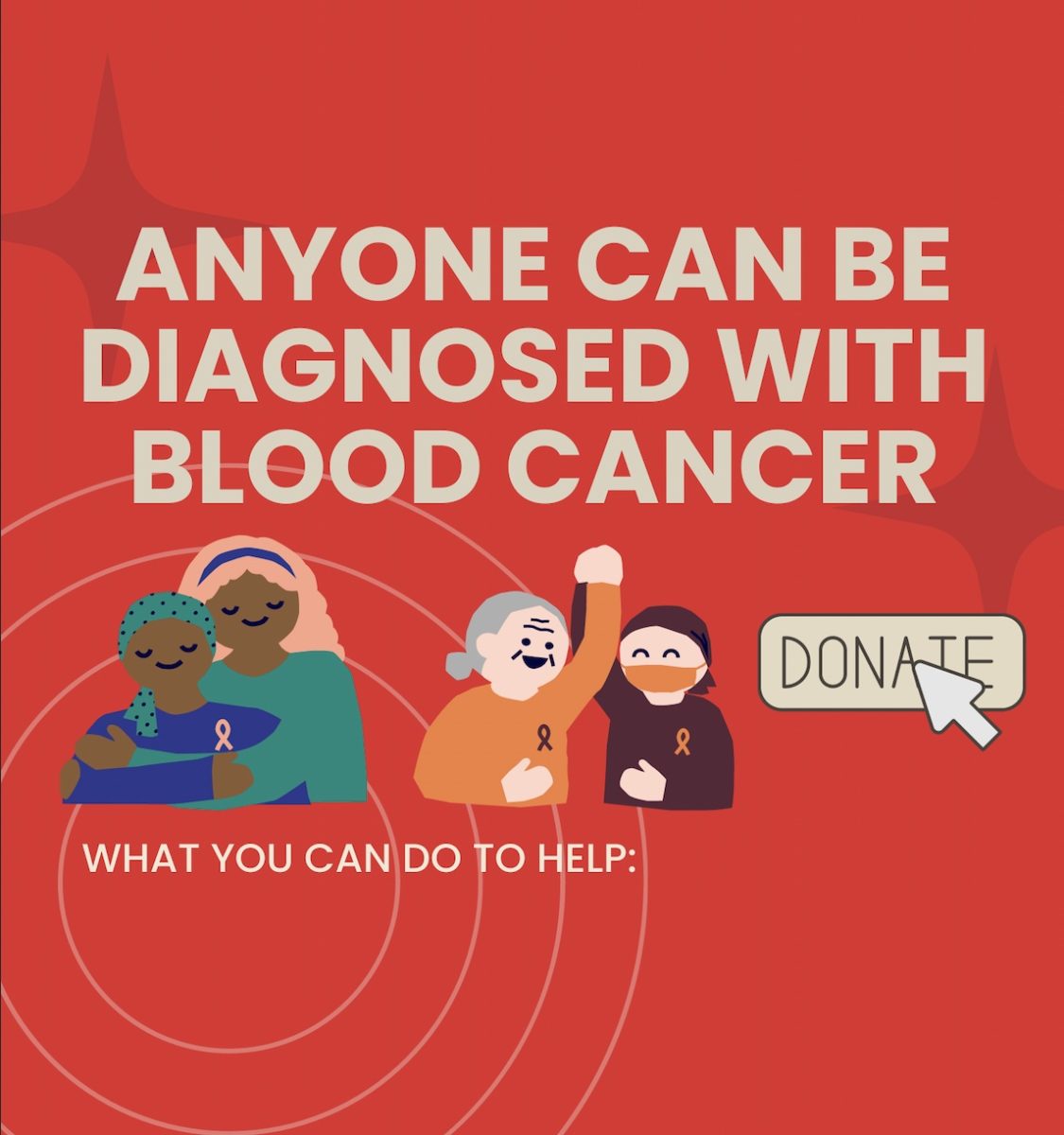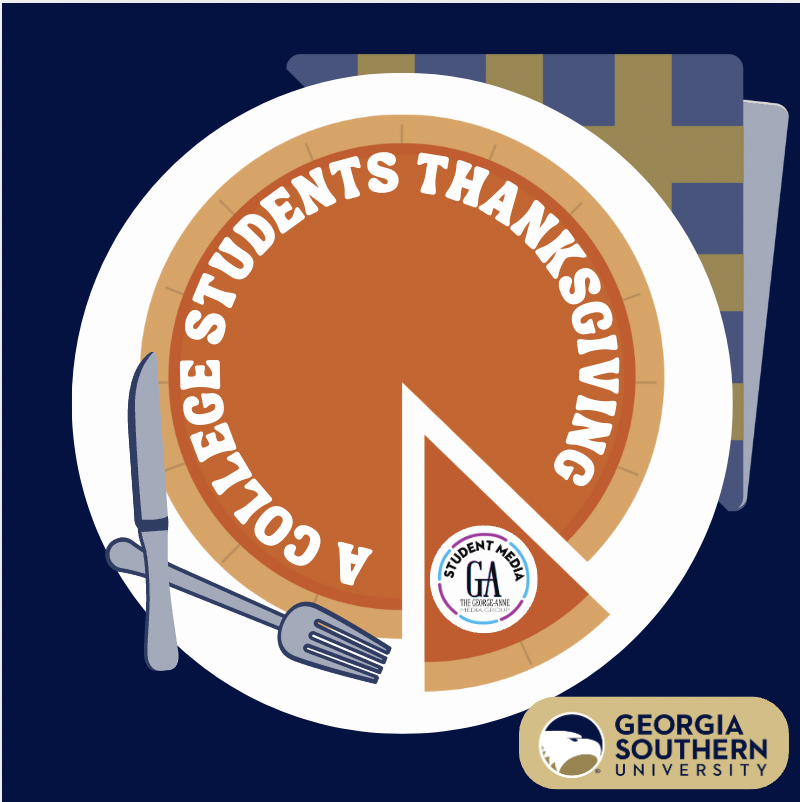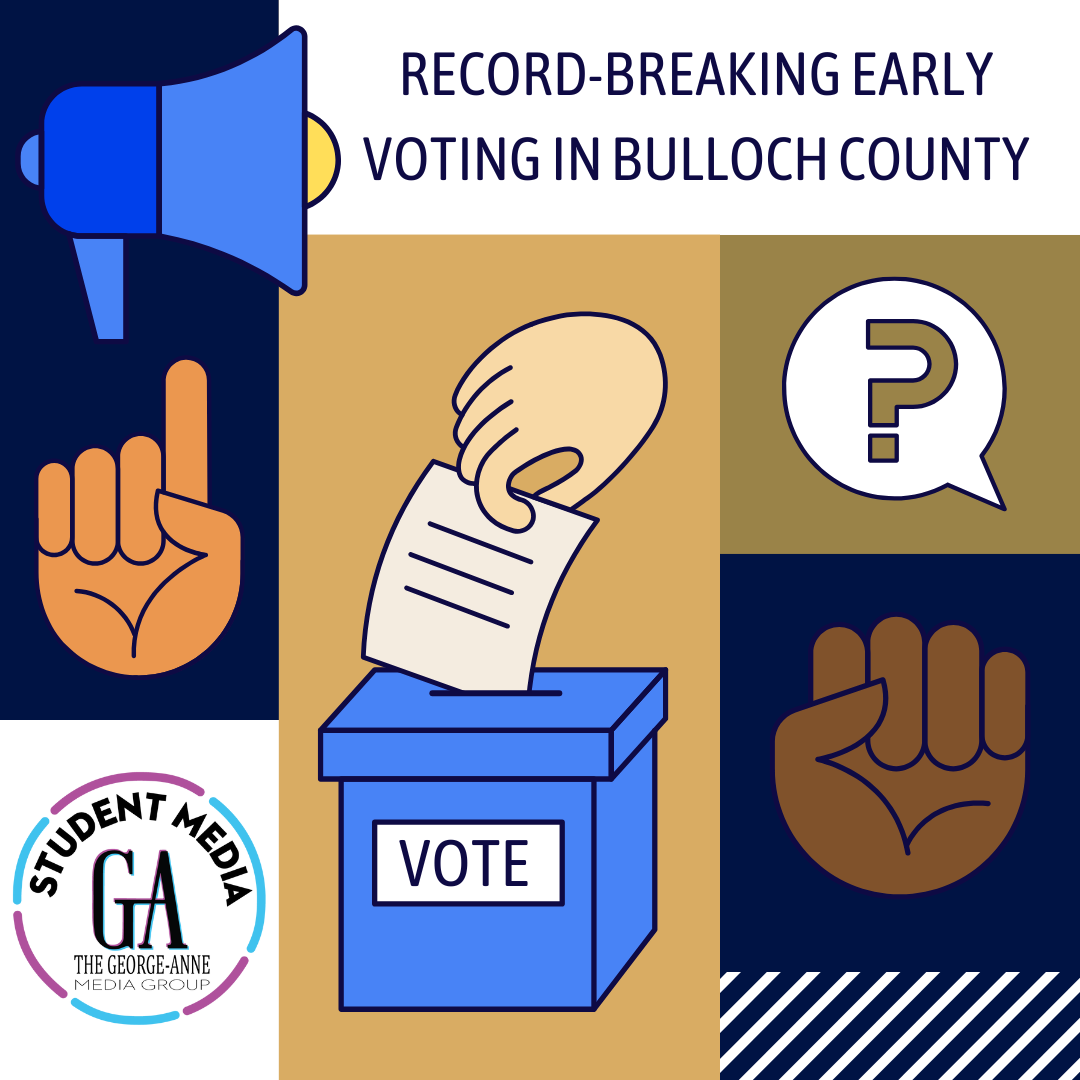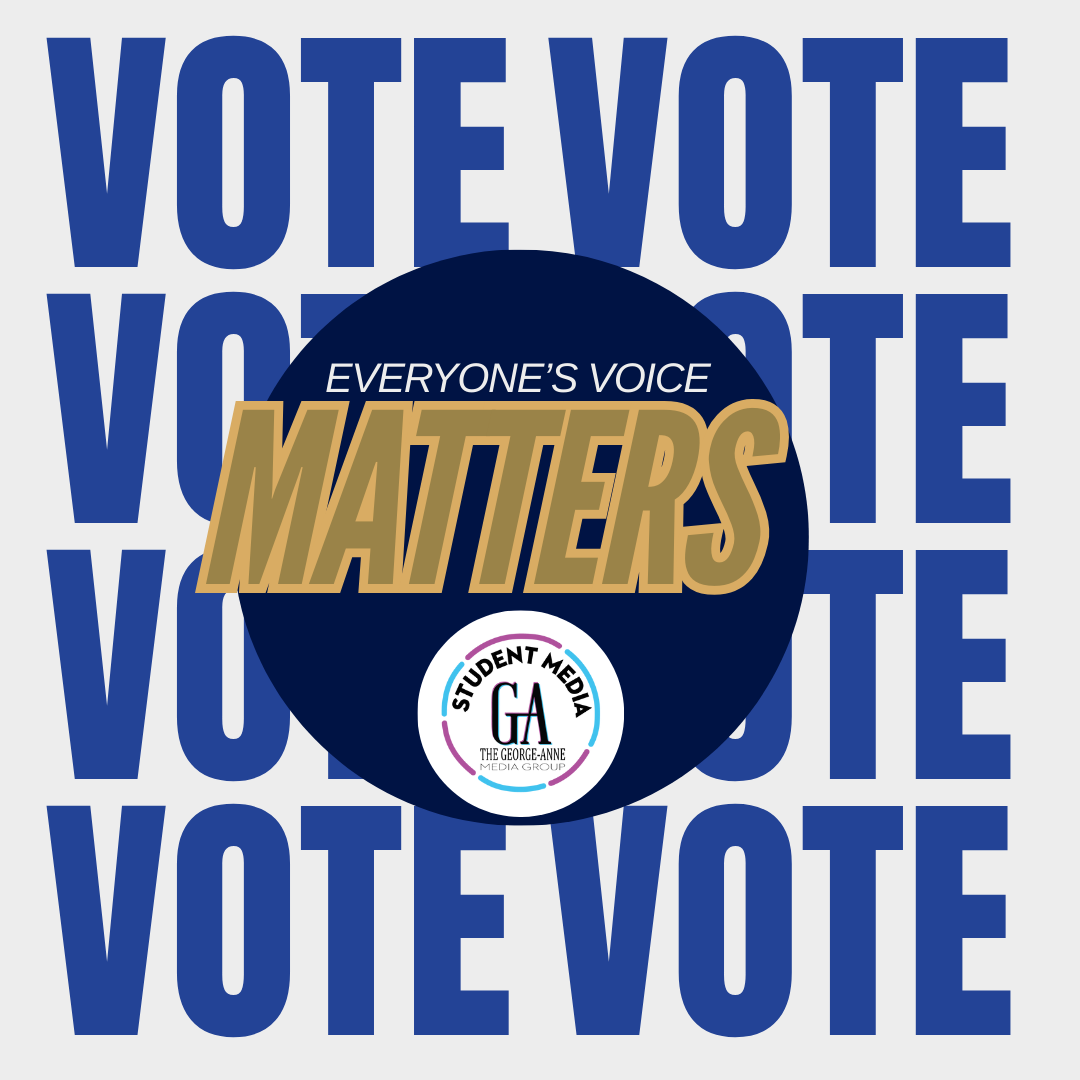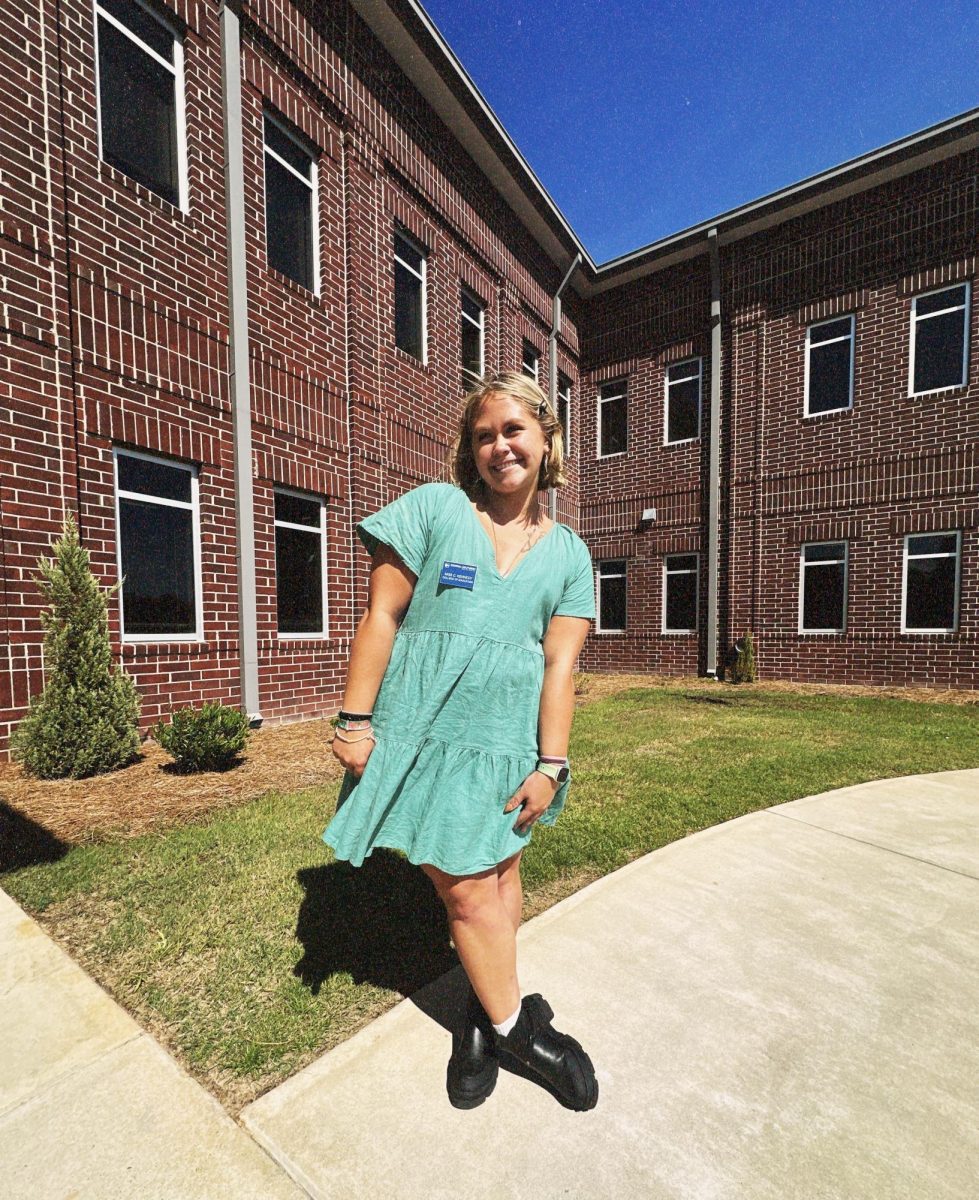Anyone can be diagnosed with blood cancer.
Blood cancer is the most commonly diagnosed cancer in children and one of the most common in young adults. You may have a connection to blood cancer through a friend, a family member, yourself, or no current connection at all-but you can support survivors nonetheless.
1. Be cognizant of the terms you use.
- Terms such as “fighting cancer”, “be strong”, “warrior”, etc. may not be comfortable for some survivors, be aware of what terms the survivor in your life is comfortable with.
- Avoid using the phrase “lost their battle” when discussing those who have died from blood cancer.
2. Offer specific help.
- Open invitations such as “Let me know what I can do to help” can be overwhelming to answer.
- Consider offering to make them dinner, spend time together, bring something for their favorite hobby, completing a household, etc. instead.
3. Register to be a bone marrow or stem cell donor.
- Many individuals with blood cancer may need a bone marrow/stem cell transplant to survive. By registering as a potential donor, you can potentially save the life of someone with blood cancer.
4. Understand that survivorship never ends.
- Survivors of blood cancer are often impacted by their diagnosis until the end of their lives.Survivors often struggle with the emotional, mental, and physical effects of blood cancer.
- Regardless of how often they may discuss their experience, be willing to understand and listen.
5. Support by fundraising or donating to nonprofits dedicated to supporting survivors and finding better treatments and cures for blood cancer patients. Also consider donating directly to someone with blood cancer who may be dealing with costs of treatment and time needed off work.
Resources for those with Blood Cancer:
Life with or after blood cancer can be incredibly difficult to navigate. Below is a list of resources students who are dealing with blood cancer can use for support:
- LLS: The Leukemia and Lymphoma Society has several resources for survivors, from funding for travel and treatment to support groups and peer support.
– Resources Can Be Found Here:
Support Resources | Leukemia and Lymphoma Society (lls.org)
- SARC: Students with Blood Cancer or who are in survivorship may need accommodation services. Georgia Southern’s Student Accessibility Resource Center (SARC) provides accommodations to students with disabilities to ensure they have equal opportunity in all programs, activities, and services offered by the university.
– Apply For SARC:
https://docs.google.com/forms/d/e/1FAIpQLSdlarnJPHhTsMuXQ3zIws00iJawXLlWkKTPslVENsNzMi7ZkA/viewform
- Stupid Cancer: Stupid Cancer is a nonprofit focused on improving the lives of those impacted by AYA Cancers. They offer support groups and resources for those living with and after cancer between the ages of 15 and 39.
– Their Resources Are Available Here:


